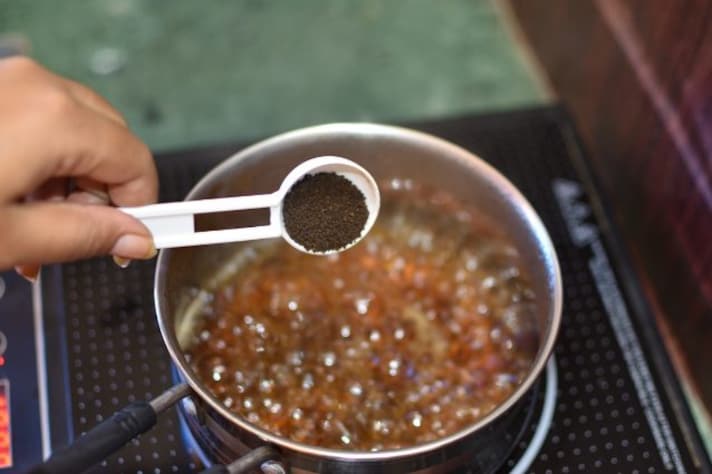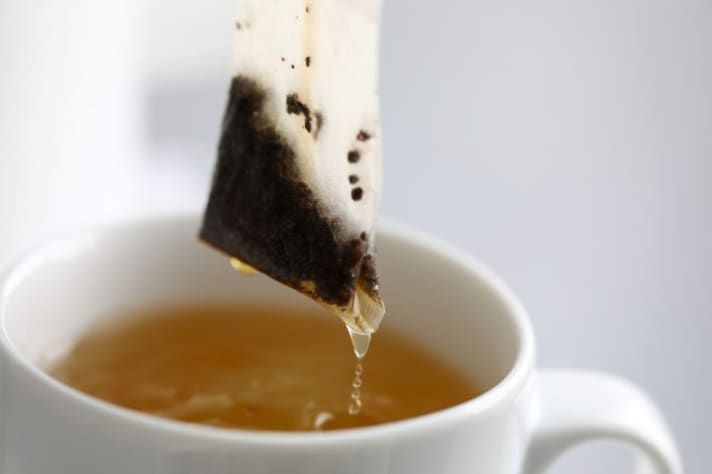ì

As the temperature dips, the kettle makes a comeback, and we find ourselves reaching for our favorite tea blends. Of course, if you’re British, you never stopped sipping your daily cuppa anyway. Tea, with its delicate balance of flavors and aromas, is more than just a beverage—it's an art. But it doesn’t take much to spoil that perfect cup. One moment of distraction, one minute too long, and suddenly you’ve got a bitter brew. The culprit? Over boiling.
The Science Behind Bitterness
Over boiling water is a surefire way to bring out bitterness in tea. Tea leaves contain tannins, those naturally occurring compounds that give the drink its pleasant astringency. But when water is too hot or boiled for too long, those tannins are released in greater amounts, turning your once delicate tea into a bitter, harsh mess. It’s the difference between a smooth cup that warms the soul and one that makes you wince after each sip.

Don't Forget Oxygen's Role!
When you boil water too long, you’re not just heating it—you’re driving out the oxygen. Why does this matter? Oxygen plays a crucial role in how tea extracts its flavor from the leaves. Water that’s overboiled and low in oxygen flattens the tea’s natural vibrancy, leaving it dull and lifeless. It’s like trying to enjoy a symphony when half the orchestra is missing. Without that oxygen, the tea’s complex layers of taste never fully develop.
Over Boiling Is Also a Flavor Killer
Tea is a nuanced drink, and over boiling it can mute those delicate notes. Whether it’s a floral jasmine, a robust black, or a subtle white tea, each type comes with its own range of flavors waiting to be discovered. Over boiled water bulldozes through those subtleties, leaving you with a brew that’s bland at best and astringent at worst. You’re essentially cooking away the flavors before they even have a chance to shine.

The Perfect Boil for the Perfect Brew
So, how do you avoid the perils of over boiling? It’s simple: keep an eye on your kettle. Once the water reaches a gentle boil or starts to bubble, turn off the heat. For black teas, aim for water around 200°F (just below boiling). Green and white teas, which are even more delicate, prefer a lower temperature, around 160°F to 180°F. By treating your tea with a little care, you’ll unlock all the wonderful flavors it has to offer, without any bitterness in sight.
;Resize,width=767;)
